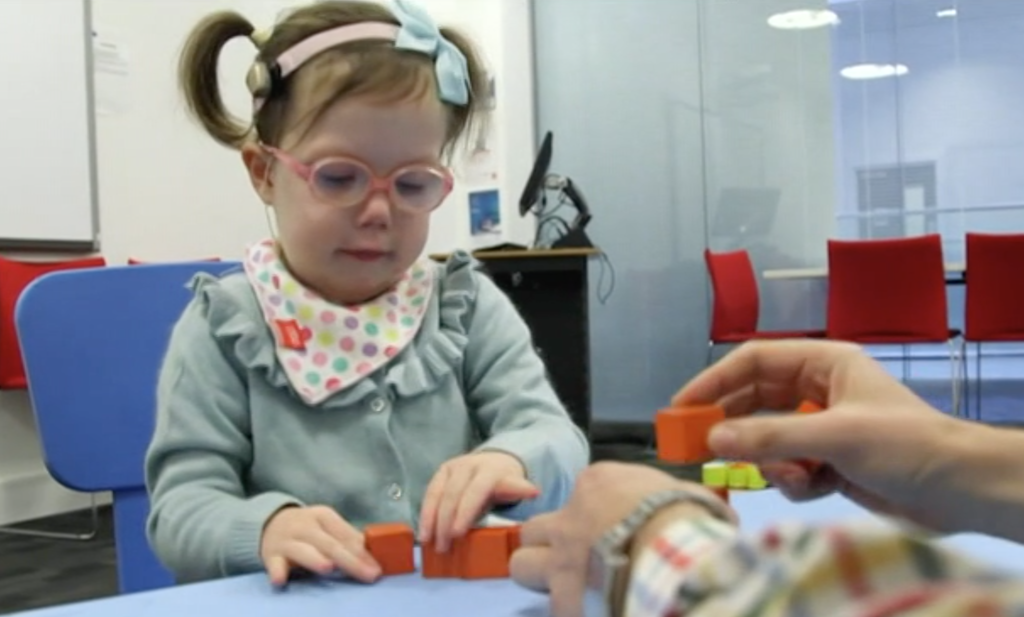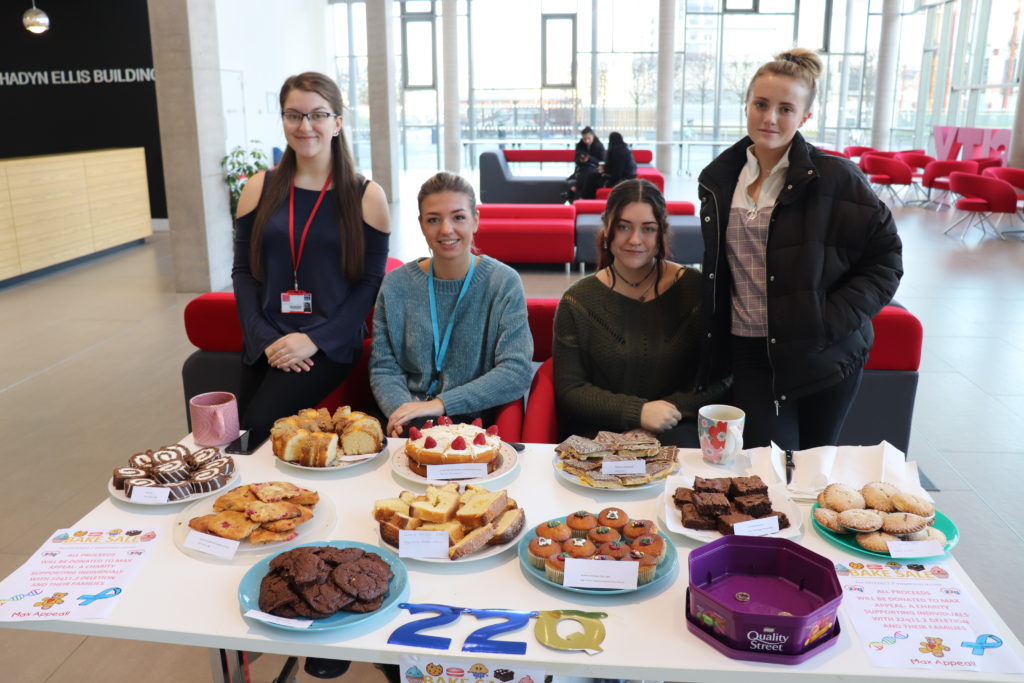Posted February 28th 2019
Mae’r cynnwys hwn ar gael yn Saesneg yn unig.
My guess would be that most peoples’ answer to this question would be no. Rare Disease Day aims to raise awareness amongst the public and policymakers about rare diseases and how they impact patients’ lives.
Before I started my current job between the ECHO research team at Cardiff University and Cerebra, a charity for children with brain disorders, my answer to that question would also have been no.
When we consider the number of people affected by these illnesses and the impact they can have on peoples’ lives, it really highlights the significance of marking this day as an important one to acknowledge and remember.
Sam Chawner, research associate with the ECHO team said:
“Rare diseases although individually rare, are collectively common, affecting 1 in 17 people. Rare disease day provides a focus to highlight the need of rare diseases to be higher on the agenda of health professionals, researchers and policymakers.”
When looking at the rates of these conditions in isolation, as the term ‘rare disease’ suggests, they are not frequently seen in the general population. For example, a disease is classed as rare in Europe when it affects less than 20,000 people. However, 3.5 million people UK wide are diagnosed with a rare disease and when you put it like that, rare diseases don’t seem too rare anymore.

Getting a diagnosis
Although there are similarities between some conditions, there are vast differences too and sometimes these differences are even seen within the same diagnosis.
A diagnosis could mean your immune system isn’t working as it should be, your rate of development could be slower or faster than others of the same age, you suffer from chronic pain, you have motor and coordination problems, you may be able to live very independently, or you may need 24/7 care.
The diversity and rarity of each individual disorder mean there is frequently a lack of knowledge surrounding these disorders, not only in the general population but in clinicians too, leading all too commonly to delayed and incorrect diagnosis.
According to Rare Disease UK, on average it takes four years, five doctors and three misdiagnoses before someone with a rare disease receives the correct diagnosis.
It is very commonly the case that in order to access support services, a person must have the relevant diagnosis and so families often find themselves in a frustrating state of limbo when they don’t meet the criteria to access the services they need.

Sadly, when the correct diagnosis is given, not always does this instantly improve the situation. Again, because some of these conditions are so rare, support and treatment are sometimes not always widely available.
A person could be the only person in an entire country with a certain condition and the expert of their condition could be the other side of the world. Often patients and families are the experts and have to educate the professionals.
Research is vital
Increasing our knowledge of rare diseases is important. They can be life-threatening and receiving a diagnosis shouldn’t be followed with patients and their families feeling unsupported. Continued research is needed to raise awareness and improve education not just in the general population but within government and health care practices too.
The ECHO research team at Cardiff University conduct important research to examine behaviour, mental health, cognition, sleep, motor coordination and epilepsy in children and adults with certain rare genetic conditions. We hope that by understanding more about these conditions and their associated problems, findings will improve the care of patients in the future.

Similar to previous years when many a cake has been made for bake sales to raise money and awareness, the team recognise and are glad to continue to support Rare Disease Day this year.
Hayley has been with the team for four years and has just finished her PhD investigating sleep problems in children with 22q11.2 Deletion Syndrome. She said:
‘I am very happy to be supporting Rare Disease Day for the fourth year. I first learned of Rare Disease Day when I started my PhD in 2014 and continue to support the day having learned about many diseases from attending different events. I particularly like Rare Disease Day as it unites individuals with different diseases resulting in a union of people whose diagnoses collectively aren’t so rare and together can call for more investment and research.’
Professor Marianne van den Bree who leads the research group added:
‘It is important to have a day dedicated to rare diseases. Because these conditions are rare, the public in general, but not infrequently also clinicians and other health professionals, will not have heard about them. Greater awareness and understanding of rare diseases will make a real difference to patients and their families and care providers. Therefore, hooray to rare disease day.’
